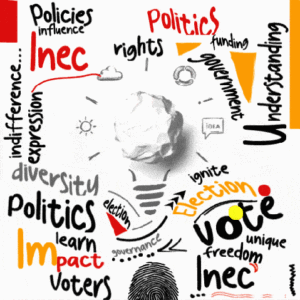 Last week we discussed traditional ways of resolving employment law disputes. This week we will dig into the alternative!
Last week we discussed traditional ways of resolving employment law disputes. This week we will dig into the alternative!
Alternative Dispute Resolution (ADR)
Given the limitations of formal dispute resolution processes (for more on this check out our post from last week), the use of ADR has increased in significance. ADR involves the implementation of a range of techniques – such as negotiation, use of technology and risk mitigation strategies – to resolve disputes or avoid them entirely.
Workplace disputes can be emotionally charged as they often involve the messy dynamics of human relationships. Still, most claims will have a monetary value attached to them. A key part of the dispute resolution strategy, for both employees and employers, should involve getting the best deal possible. As informational asymmetries decrease with constantly evolving legal research technologies, parties should increasingly have an objective assessment of what a claim is worth. This is why our lawyers at SpringLaw use artificial intelligence, for example, to determine reasonable notice periods with an unprecedented level of accuracy. The closer we can get both sides to agree to the value of the claim, the more quickly a dispute can be resolved, with less money spent on lawyers.
While the use of technology and negotiation are powerful tools to resolve disputes, avoiding disputes altogether is always preferable. Many disputes that we encounter could have been avoided entirely with properly drafted contracts, termination letters or workplace policies.
The Future of Dispute Resolution
We think that negotiation leveraged through technology and dispute avoidance will be increasingly vital dispute resolution tools. The Lord Chief Justice of England and Wales recently hailed the potential of big data and AI to reduce litigation and promote settlement. Also, check out our past post for some insight into how Ontario judges are pushing lawyers to use technology.
We also anticipate that technology will increase the accessibility of formal dispute resolution processes for workplace disputes. The Civil Resolution Tribunal in British Columbia is Canada’s first online tribunal and has been incredibly successful in resolving claims and increasing access to justice. We expect similar initiatives to come to Ontario before long.
Other examples of online and tech-driven dispute resolution mechanisms include:
- Online Dispute Resolution (ODR), which is, in essence, the implementation of ADR techniques via technology. With the proliferation of the internet and e-commerce in the 1990’s, ODR emerged as an alternative to traditional courtroom processes for resolving consumer disputes. Large corporations such as eBay and PayPal have since effectively implemented ODR as a mechanism for dispensing with high volumes of consumer disputes.
- Innovative ODR platforms have recently emerged to resolve a wider range of legal disputes. BidSettle is a Quebec based startup that offers an online negotiation platform for the resolution of monetary disputes across Canada. By removing the need for lawyers (and their fees) in the negotiation process, the platform allows parties to make confidential offers and counteroffers free of charge in a less adversarial way. If consensus is achieved, both parties pay 2.5% of the cost of the settlement, and the platform will create binding settlement agreements on behalf of the parties.
- South of the border, Sagewise is developing a dispute resolution protocol for smart contracts, which includes automated bots for routine disputes, to a “crowd jury” for more nuanced disputes.
Resolving and avoiding workplace dispute requires a solid understanding of the law, workplace dynamics, and goals of the parties involved, along with an arsenal of progressive dispute resolution strategies. At SpringLaw, we are happy to leverage all of these tools to help you best resolve your workplace issues. Get in touch if you’d like to chat!


